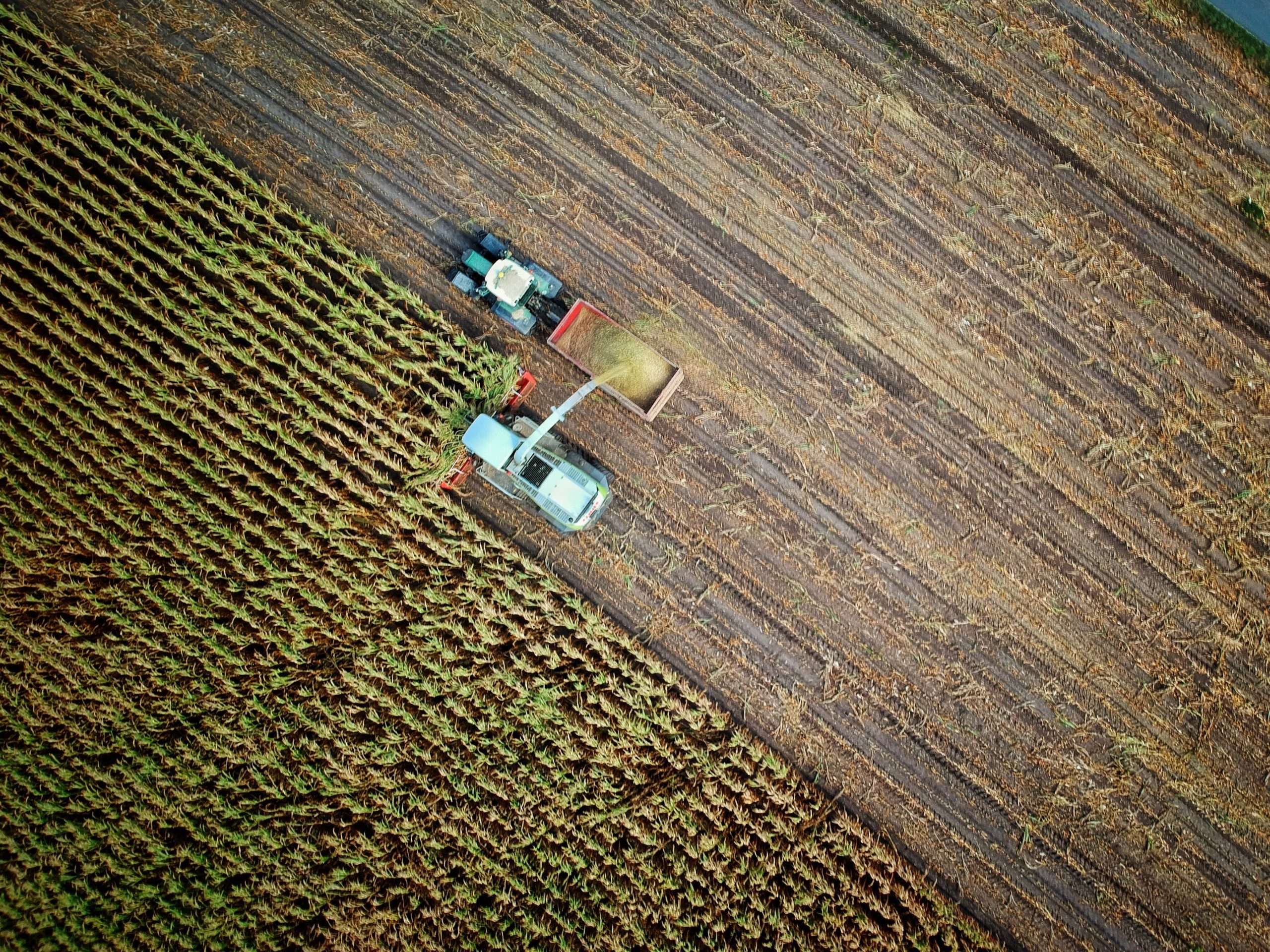Agriculture has always been a key sector in the economic development of Nigeria and Africa. It has provided jobs, export materials, food, etc. for the citizens. The sector has made efforts to expand over time with more business and innovative ideas developing, especially in Agritech.
Recently, the Agric sector has been projected to create 4.5million jobs over the next 5 years but faces different challenges due to a lack of agricultural literacy and skill which tops the list. Other challenges include; poor land tenure system, low level of irrigation farming, climate change and land degradation. Others are low technology, high production cost and poor distribution of inputs, limited financing, high post-harvest losses and poor access to markets.
In this article, are highlighted some of the issues that currently rock the agriculture industry and what we believe are the missing factors in the potential growth of the agriculture sector.
Illiteracy
Illiteracy is a problem that plagues different sectors of the Nigerian economy and it has been a militating factor in the growth of agriculture.
The lack of formal education is an obstacle to sufficient growth. Most farmers are not formally educated and also lack knowledge about modern agriculture education. This hinders innovation in various farming methods.
In this age and time, farming is beyond using cutlasses and hoes to cultivate, the world has long ago moved past digging and planting crops with menial tools. Also, farmers need to understand some basic things like the best period for planting, how to select the right seeds, best on-farm practices reducing crop loss, and so on, by using easier, quicker, and advanced techniques to figure these out.
But sadly, the majority of the Nigerian farmers are from remote areas where there are no means to access information. And if there are, they are probably too expensive for them to afford.

Ignorant mindset
A large population of educated Nigerian youths has relegated agriculture to be for the poor and illiterate. This has significantly hindered the growth of the agriculture sector as well.
The sector needs the involvement of young, educated, and innovative youths to improve farming methods and increase the level of sustainable agricultural production.
The quest to seek white-collar jobs while ignoring a major sector that has shown potential to grow and provide more jobs for the youth is a problem of ignorance.
This negligence has also deprived the sector of adequate manpower. Strategic workshops and campaigns should be carried out to stress the importance of agriculture and the job opportunities available in this sector, to encourage youths and eradicate the stereotype the industry faces.
Non-Implementation of Government Policies
As part of the responsibility of the government, it is supposed to establish strategies that will enhance the growth of agriculture in the country. These policies play a dominant role in advancing the agricultural sector.
In the last four years, there have been good policies such as the Agriculture Promotion Policy (APP), Nigeria–Africa Trade and Investment Promotion Programme, Presidential Economic Diversification Initiative, Economic and Export Promotion Incentives and the Zero Reject Initiative, Reducing Emission from Deforestation and Forest Degradation (REDD+); Nigeria Erosion and Watershed Management Project (NEWMAP); Action Against Desertification (AAD) Programme, among others.
These programs were created by the government to improve the agricultural productivity in the country, but the implementation of these policies has been unsatisfactory, rendering the effort of the government to improve the industry useless. For example, the majority of the farmers producing the bulk of food crops consumed in Nigeria still use crude tools for farming.
If the government can put more effort into implementing the agricultural policies that are already at hand, there would be significant growth in the agricultural sector.
Insecurity
Another growing concern in the sector and the Nigerian economy at large is the insecurity in the country. It is a huge barrier. With farmers unable to visit their farmlands without encountering bandits and other forms of insurgencies, the level of productivity has significantly reduced.
Farmers also experience low yields, poor harvest, or even no harvest at all because of the destruction that is associated with insecurity. Market access has also been barred on account of the recent increase in insecurity with transportation channels being obstructed by the activities of bandits and local terrorists.
Lack of Funds
There is a huge gap when it comes to financial support proposed by the government and the support available to farmers. Agriculture requires a lot of funds, from start-up capital to scaling and maintaining the business as well.
Modernized and mechanized agriculture requires a lot of funding which is not available to most farmers. Accessing loans to help farmers is also another issue, this is a struggle most of these farmers face, and this is caused by government bureaucracy.

Poor Infrastructure and Lack of Amenities
Lack of amenities like electricity, water, etc. is also a contributing factor to the problems faced in the agriculture sector. The lack of amenities continues to disrupt irrigation farming and other forms of innovative farming practices.
Poor infrastructure has also disrupted the transportation of farm produce. This has created a poor distribution channel for the farmers and the lack of processing and storage facilities also means there will be loss of farm produce.
These are a few of the issues that the Nigerian and African agricultural sector faces, although, in recent years, we have seen more investments with Agritech companies providing solutions. If necessary measures and actions are put in place, there is a big future for the agriculture sector, especially in the coming years.



